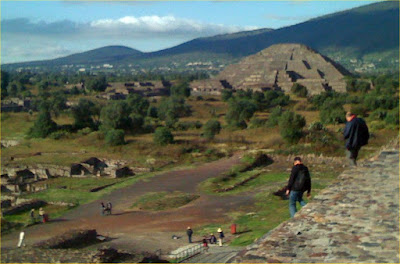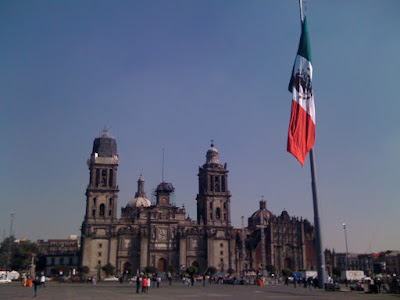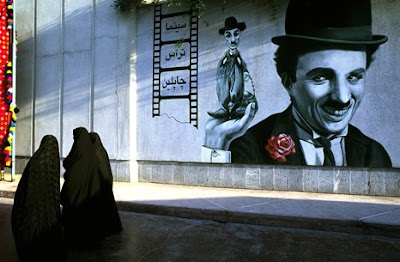How to drink "mate"

Pour. Sip. Look cool Mate is a traditional caffeinated tea-like drink from southern South America. Unlike tea or coffee, the filtration process happens while drinking, not before: a special metal straw has a closed end whith tiny holes in it that allows in the infusion but keeps out the herb. A special "cup" or gourd is filled with "Yerba Mate" once, and then hot water, usually from a thermos, is poured into the gourd. Lastly, the straw goes into the gourd and the infusion sipped via the metal straw. You can read all about it here . The habit of drinking Yerba Mate is so common in Uruguay that you can often see young and old drinking it on the streets.
































